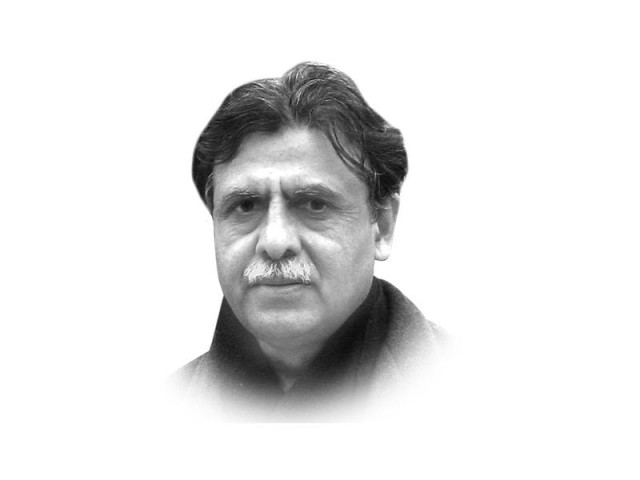Living with the neighbour
Bangladesh’s political geography put the regional framework under stress.

The writer is a public policy analyst and former interior secretary
Bangladesh’s political geography makes for an interesting reading. Its land mass bulges into Indian territory, squeezing the oversized neighbour to a tenuously thin 20 to 40-kilometre strip in the north, known as the ‘Siliguri Corridor’ or the ‘Chicken’s Neck’. It is the only passage that helps access the seven insurgency infested north-eastern states from the Indian mainland. Indian concerns to make these insurgency-ridden states a part of the mainstream are on the rise. No meaningful development can take place through the Siliguri Corridor alone. This peculiarity has placed Bangladesh at a unique locational advantage as a natural corridor offering multimodal transportation access through its navigable rivers and road network. Bangladesh is well aware of this leverage and sees it as a source of revenue in the form of transit duties.
The two countries have signed an inland transit trade agreement, which enables Indians to avail Bangladesh’s rivers and road network for cargo movement. In exchange, India has agreed to share some maintenance costs for the dredging of the rivers and for keeping the roads in shape. There is, however, growing pressure by India to seek a waiver on the transit fee and other duties.
There are hosts of other issues, which have put the regional framework under stress. Nearly 56 rivers flow from India into Bangladesh. As a lower riparian, the country has been facing hard times in terms of a regular and designated flow of river water from upstream. India is in full control of the mighty Ganges and its tributaries. About 100 dams of different descriptions have been built in upstream India, which has affected the flow of discharge downstream.
Bangladesh’s alluvial rivers continue to pile up huge silt deposits along the coastline and, on occasion, give rise to small islets. At times, they make a seasonal appearance depending on the behaviour of the tides. During the 1970 cyclones, an island emerged along the coastline of the two countries. Bangladesh named it Talpatti, while the Indians hastened to name it the New Moore Isle, a u-shaped, one-square mile islet. Reportedly, India missed no time in moving its vessels and occupied the uninhabited spot.
The two countries face yet another standoff in Bangladesh’s north. The history of the issue goes back to the subcontinent’s Partition and the controversial Radcliffe Boundary Award, which demarcated the boundaries between India and Pakistan in Punjab and Bengal. There were glaring omissions while drawing up the map and, at the same time, the written text did not tally with the position on ground. The Berubari territory, which became part of India, was surrounded on ground by the erstwhile East Pakistan. Likewise, two small enclaves of Angorpota and Dahagram, forming part of the then East Pakistan, were surrounded by Indian territory. Accessibility to these areas had been a nightmarish experience for the people living in these enclaves. A serious move was made to resolve the issue once and for all. Bangladesh showed equanimity and handed over a corridor in perpetuity to India to enable it to access its encircled territory. In return, India was required to provide similar access to Bangladesh for its enclaves of Angorpota and Dahagram. India did not comply with the agreement, resulting in sufferings for Bangladesh’s encircled population.
The Radcliffe Award not only sowed the seeds of perennial conflict in the western part of the subcontinent but also in the eastern region. Bangladesh continues to nurse the wounds of this iniquitous award.
Published in The Express Tribune, January 4th, 2013.













COMMENTS
Comments are moderated and generally will be posted if they are on-topic and not abusive.
For more information, please see our Comments FAQ